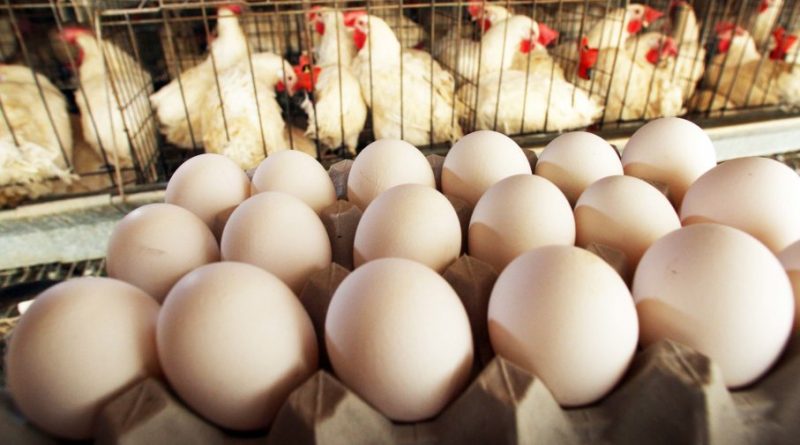Egg producers explain circumstances behind their price hike, which Agriculture Minister hopes will only be temporary
Emanuel Peters, the President of the Antigua & Barbuda Layer Farmers’ Association, says the economic situation is impacting members so severely that at least four farmers have had to call it quits.
The price of eggs, both white and brown, will increase from Monday, July 25, the second time in 10 months.
The wholesale price – that is, directly from the farmers – will go up to $12 per dozen or $360 a case. The retail price at the shops and supermarkets will be higher.
Peters says that raising the price was a difficult decision for members of the Association; but it had to be made if they are to survive, since the cost of inputs is rising at an alarming rate.
This, he says, is one of the reasons that four small-to-medium farmers had to close their business.
Peters says the price of eggs in other parts of the world is much higher than what is being proposed here.
He notes, too, that egg producers in other countries are heavily subsidized by their governments, while farmers here continue to struggle for proper assistance.
Earlier this year, the Cabinet threatened that it might allow the importation of eggs once again if the Association went through with an increase.
But Peters says the Association is willing to do all in its power to stay relevant and have a market in the local economy.
Meanwhile, if the situation changes and there is a reduction in the cost of feed and other inputs, Minister of Agriculture Samantha Marshall is hoping that egg farmers will pass on the savings to consumers.
She admits that the farmers have been forced to increase their price due to the constant increases in feed. But the Administration views the price hike as a temporary situation, she says, and is hoping that it remains temporary, given that the country is self-sustainable in eggs.
While consumers have the option of purchasing directly from the farmers, the Agriculture Minister hopes that supermarkets will attempt to keep the price as stable as possible.
She says the Government already accords the farmers a number of concessions; but the issue now is the cost of feed and its transportation. Since there is no production of chicken feed on the island, it has to be imported.




